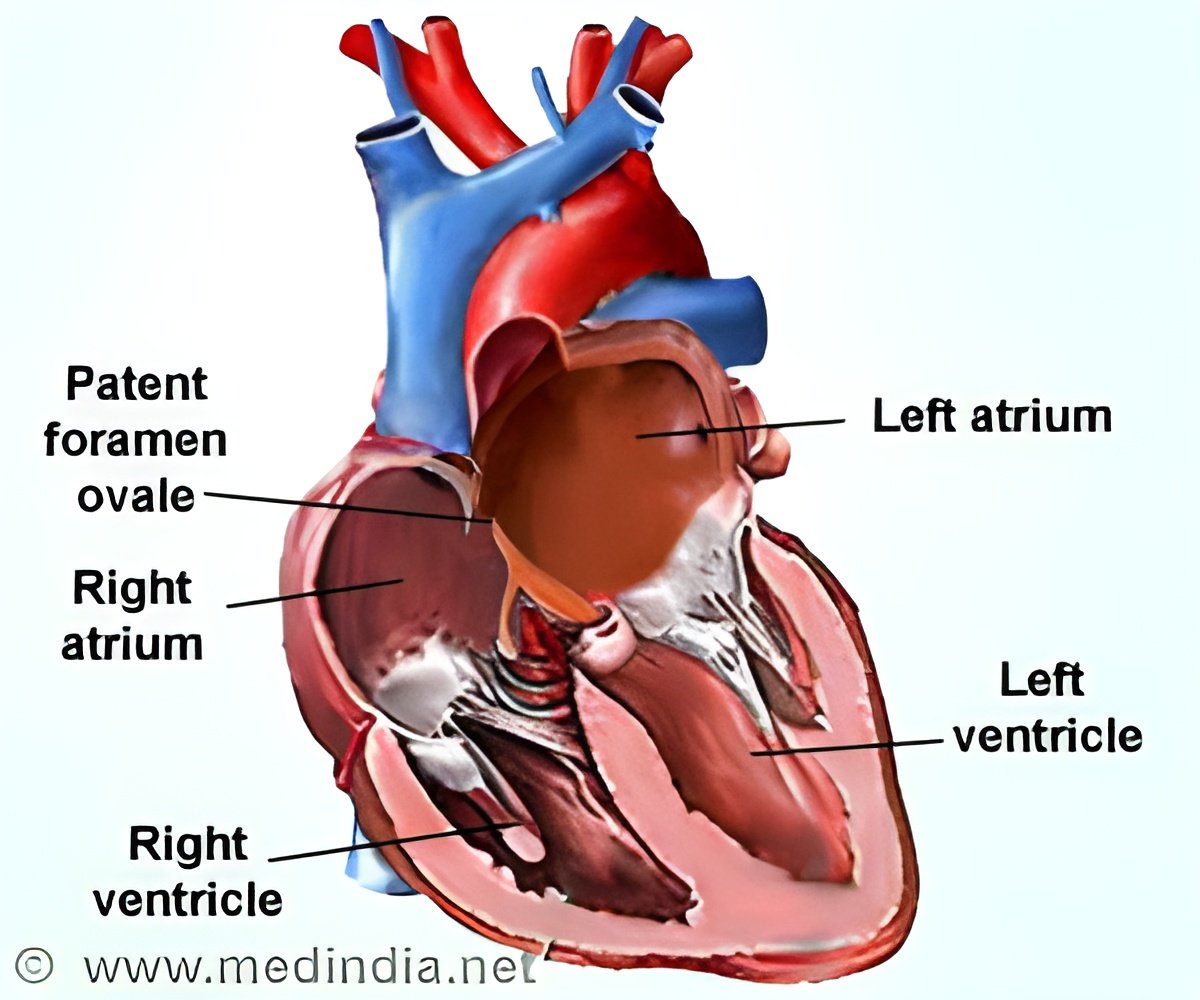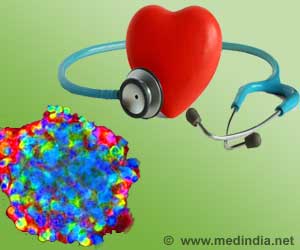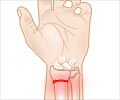
Some inborn heart conditions are difficult to detect, because they progress silently, and are only diagnosed when intense exercise triggers a lethal heart rhythm sudden cardiac arrest. According to the American Heart Association, over 7,000 people under the age of 18 die every year in the US of a sudden cardiac arrest. Studies also suggest the risk is three times higher in competitive athletes.
Last year in the UK, soccer player Fabrice Muamba collapsed on the pitch following a sudden cardiac arrest at the age of 24. He received prompt expert medical attention which helped him make a remarkable recovery.
But many athletes are not as lucky, and trying to pick up those most at risk is the only way of warding off sudden cardiac arrest, which could be a and often is a deadly. And interpreting ECGs in athletes can be difficult, because their hearts have adapted to the stress of extensive training and top level performance. Initiated by AMSSM President, Jonathan Drezner, MD, in association with BMJ Learning and the British Journal of Sports Medicine, and developed and written by international experts in sports medicine and sports cardiology, the training modules guide doctors on how to recognize ECG changes that indicate problems rather than healthy cardiac adaptation. The online course, which can be found at: http://learning.bmj.com/ECGathlete, includes five tutorials:
- ECG interpretation in athletes: identify your learning needs
- Normal ECG findings: recognizing physiologic adaptations in athletes
- Abnormal ECG findings in athletes: recognizing changes suggestive of cardiomyopathy
- Abnormal ECG findings in athletes: recognizing changes suggestive of primary electrical disease
- ECG interpretation in athletes: test your knowledge
"Whether used for diagnostic or screening purposes, ECG interpretation is a fundamental skill for doctors involved in the cardiovascular care of athletes," comments Dr. Drezner. He adds "These online learning modules provide doctors with a common basis for interpreting an athlete's ECG, boosting their chances of making an accurate diagnosis, and of picking up potentially life-threatening problems earlier."
The modules draw on a series of papers presenting new consensus standards on ECG interpretation in athletes, published in the British Journal of Sports Medicine.
The standards were developed in collaboration with AMSSM, the Section on Sports Cardiology of the European Association for Cardiovascular Prevention and Rehabilitation (EACPR), a registered branch of the European Society of Cardiology (ESC), the FIFA Medical Assessment and Research Center (F-MARC), and the Pediatric & Congenital Electrophysiology Society (PACES).
Advertisement
"Ten years ago Marc-Vivian Foe died on the pitch during the FIFA Confederation Cup in Lyon as a result of sudden cardiac death. This shocking event prompted us to take action. A medical assessment before a match, which includes an ECG, is now mandatory for all players taking part in FIFA competitive events," he adds.
As part of its ongoing commitment to ensuring competitor safety, FIFA has also created a standard emergency bag for sports doctors, which comes equipped with a portable defibrillator (AED), which can be used to diagnose and treat cardiac arrhythmias on the pitch, he says.
These will be distributed in June 2013 to all 209 national member associations of FIFA.
Source-Newswise















